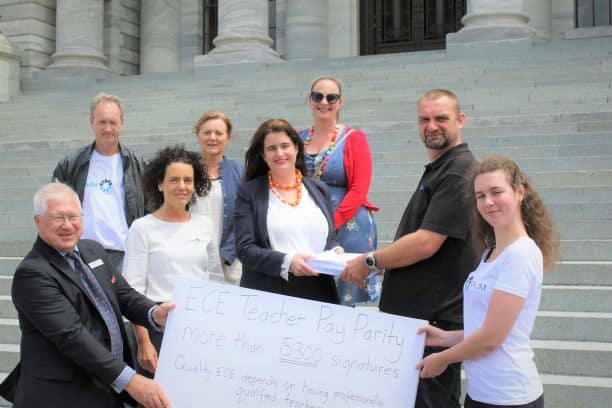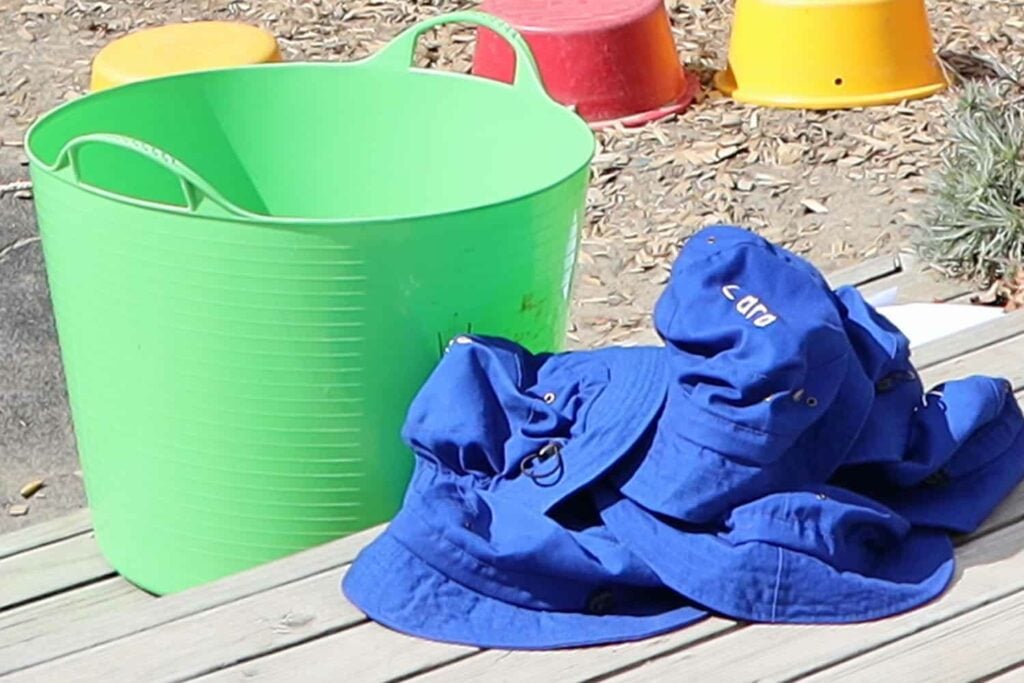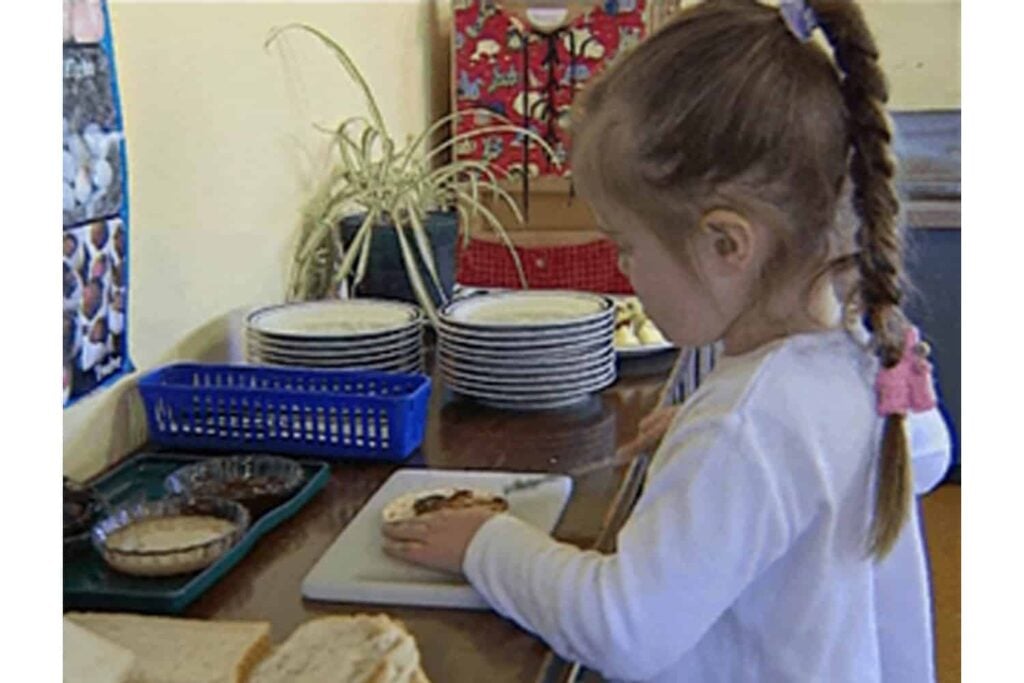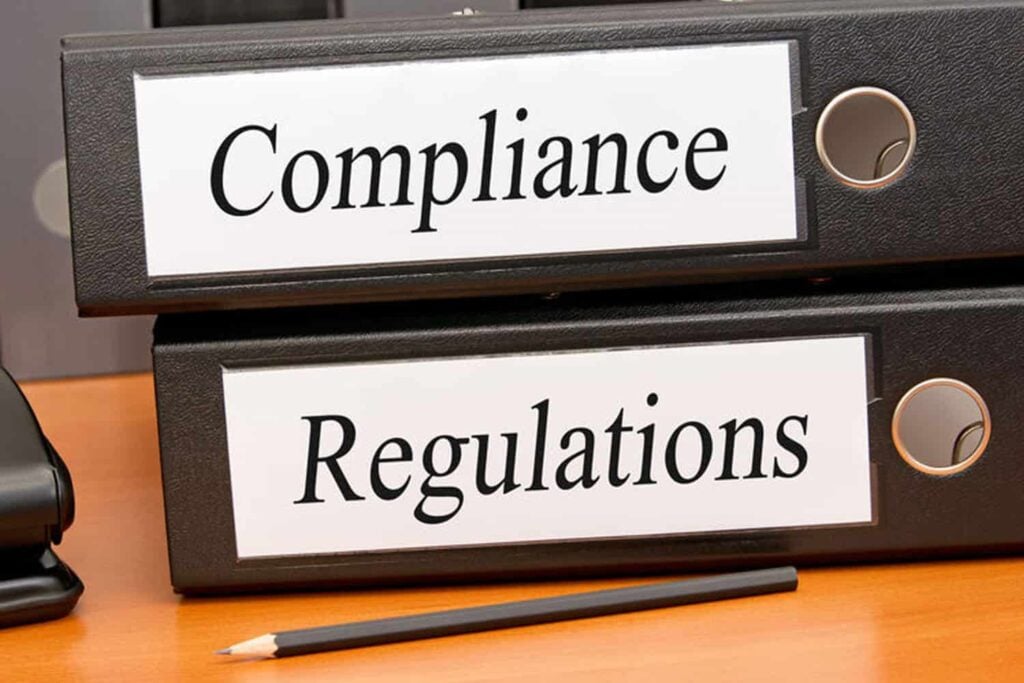Wendy Ure Community Advocate.
June 29, 2012.
Wendy Ure is the manager at the Gisborne Community Early Education Centre/Te Whare Tiaki Tamariki Inc. (In 2021 Wendy Ure was honoured for her services and became a Member of the Order of Merit).
She has served, locally, on the Kiwa Education Partnership representing ECE which has now been disbanded and was also a member on the consultative group for 20-Hours Free ECE set up by the Labour government and has been a representative of ECE on the NZ Teachers Council.
What was your early life like?
My early years were spent in Karamea, a small settlement on the West Coast of the South Island, where I was born into a strong family community. Being surrounded by whanau within a close community where everyone knew who you were and looked out for you, gave me a sense of security, well-being and belonging. This sense of togetherness played a large role in my formative years. I did not know that at the time but of course learned the value of this in later years when I studied for my qualifications in Early Childhood Education.
My family moved to Nelson when I was 9 years old. My passion as a teenager was gymnastics and I represented my region nationally. After my competition days, I moved on to coaching which I enjoyed immensely as I was then able to pass on what I had learned to the next generation of gymnasts. I found that this gave me great joy and I believe was in all probability my initiation into teaching children later down the track.
Wendy Ure describe your career path?
My first job was as secretary to a consulting civil engineer, a job I thoroughly enjoyed as it was varied and always challenging. I loved meeting people and learning about the complex world of civil engineering, especially important at the time of the Inangahua earthquake in the Nelson region in 1968.
When I became pregnant with my first baby, I took it on with intensity and a passion for “getting it right”. I read everything that was available in the late 1970s pertaining to pregnancy, childbirth and motherhood. My passion throughout my two pregnancies became “Good mothering through breastfeeding” as was promoted by La Leche League. I became an advocate for La Leche, helping where I could, in the wonderful art of breastfeeding.
When my second son was 4 years old, I was asked by a friend to do some relieving work at a local ECE centre, or “Day Care” as it was referred to in those days. Initially, I was quite negative about this request but with some coaxing I ventured into this new world. I have to admit to not really comprehending just why people would want to leave their precious children in other people’s care. This work opened my mind to new learning and experiences and I was offered a full-time position after a few weeks of relief work. Later I undertook field-based training, paid for by the centre, becoming supervisor in the early 90s which is where I am still to be found today, albeit my position has continually evolved.
We have been through many changes in ECE which have had an impact on our children. The most exciting was the introduction of Te Whaariki; the compilation of the 10-Year Strategic Plan for ECE, where all teachers were to hold an ECE qualification by 2012; and the introduction of 20 hours FREE for our 3 and 4 year olds. These were all positive steps forward for our children ensuring that every service in NZ was offering a quality environment for all of our 0 – 5 year old children.
I gained my Certificate in ECE through the NZ Childcare Association and was grand parented to a Diploma in the mid 1990s. I undertook a Management and Leadership Paper through Massey University at this time and then a further paper on the “Introduction of Maori as Tangata Whenua” also through Massey University. Next came my Bachelor of Teaching and Learning ECE degree from Canterbury University. I was registered as a teacher in 1995. I continue to study – this time learning Te Reo Maori to achieve a greater understanding of both Tikanga and of course Te Reo.
What is your current role?

As Tumuaki/Manager of the Gisborne centre, I am very fortunate I have a teaching as well as a managerial role – being a qualified teacher helps to ensure informed decisions are being made at managerial level on behalf of our children. All ECE managerial roles, I am convinced, should be undertaken by qualified ECE teachers.
Our centre values the importance of respectful and reciprocal relationship building with both children and parents/whanau. My most important role is to greet and welcome each family entering our service at all times of the day.
Sharing information is vital to our role as teachers in ECE. I am the first point of call.
We also value relationship building with and between teaching staff. This is a large part of my role in a team of 12 teachers. Establishing trusting relationships and building on each teacher’s strengths, has, in my opinion, ensured our teachers grow into competent, confident teachers who passionately advocate on behalf of our children.
Our centre has what we have named a Kaitautoko system where each child has a “key” teacher who establishes respectful relationships with both the child and the parent/whanau of the child. My role is to ensure that our teachers are aware of our policy statements and management plans in this aspect and all other aspects of our centre’s philosophy.
I initiated the Primary Care giving Policy (which is now called the Tautoko Support System Policy) after completing my Management and Leadership paper as I was able to form a clearer understanding of the importance of relationship building with all parties to a child’s learning and development both culturally and historically and how to lead this belief and invite others onto the “waka”.
I ensure all teaching staff maintain their role as registered teachers and comply with the centre’s job description. I undertake all staff appraisals thus ensuring an understanding is reached and goals are aimed for regularly during each teacher’s time at the centre. All written policy statements and management plans are initially the domain of the Tumuaki/Manager whose role is to initiate and review all documentation at the centre.
My role is also to ensure that co-ordination and management of various teaching areas are undertaken as per our statements of intent to our children and their parents/whanau.
Other duties include budget setting and preparing monthly financial statements for the governing committee. I also take all payments, pay all accounts, complete GST and PAYE returns, file the MOE funding applications and pay the wages. All regulation documentation is my responsibility.
Who or what put you on the path to your profession?
Initially a friend invited me to do ECE relief work, but my greatest encouragement came from my husband Charlie who totally supported me in my role as an “early childhood worker” as we were then known as. My children and I would do our home work together which I believe helped give our sons an understanding of the value of learning which stood them in good stead through their schooling and tertiary years. Kerry Cooke (now Dr Kerry Bethell), was my mentor in the late 1980s. Kerry was the field-based tutor for NZCA. She gave me the confidence to undertake and continue learning about ECE through her kind yet authoritative comments and encouragement.
I feel very fortunate to have been involved in ECE during the past 27 years as I have met many inspirational people who have challenged or affirmed my beliefs and assisted me in my personal and professional journey.
What is the most interesting aspect about what you do?
Meeting people, building relationships with children and their parents/whanau, guiding and leading teachers, being part of the ECE community, advocating for our children, and continuing the learning and development process.
Are there times when it gets very stressful in your job?
I believe I become stressed unnecessarily. I am fortunate to be surrounded by mostly, like-minded people. “Whakatepea te ko, kia Kotahi” – we are all in this together. I believe now that I am much, much older I have a greater understanding of how people, places and things work and if you can manage these to the best of your ability then stress is minimised and you are free to get on with what you have set out to do. I have a supportive team at management and teaching levels, we share and talk about all aspects of the centre and ECE therefore I guess the load is shared. I have to own up to the stress of not living up to my expectations of self rather than any outwardly imposed ideas of stress.
What has been your biggest achievement?
Being a great mother and partner. I now have a new role as a grandparent, so I am relishing that role too. In regard to ECE I believe my greatest achievement was leading a great team of teachers to receiving a Premium Accreditation from NZCA/TTPA and more recently our two latest outstanding ERO reviews. Also gaining our long-term leasehold from the Gisborne District Council. This was a long winded fight and entirely unnecessary. Securing a facility for our future generations of tamariki into the future makes an old woman very, very happy.
What would be your biggest regret?
Being a late comer into ECE. I believe ECE chose me and I had no idea at the time how rewarding it would be.
For anyone considering a similar career as yours – what gems of advice might you suggest?
Develop the ability to reach out to children and have the propensity for learning always.
Learn to understand yourself first. Only then can you advocate for others. If you choose ECE then you are the voice for these children. You must really understand what it is you are undertaking and the biggest aspect of being an ECE teacher after advocacy for our children is to articulate what it is you do.
Would you ever consider changing careers or your role from your current one, and if so why?
At my age, no, I am not considering changing careers. I guess I had a second chance at a career of my choice therefore I am rather fortunate. I truly believe ECE is one of the most important yet, under this government, undervalued professions to be involved in at the present time.
Pay in ECE in my early years was $5.31 an hour (from memory) and it was never a consideration. That is not to say it should not be now. I believe pay parity is a must for our dedicated teachers. After all, we too have a 3 or 4 year degree often more than our counter parts in the compulsory sector, yet we still do not have pay parity.








